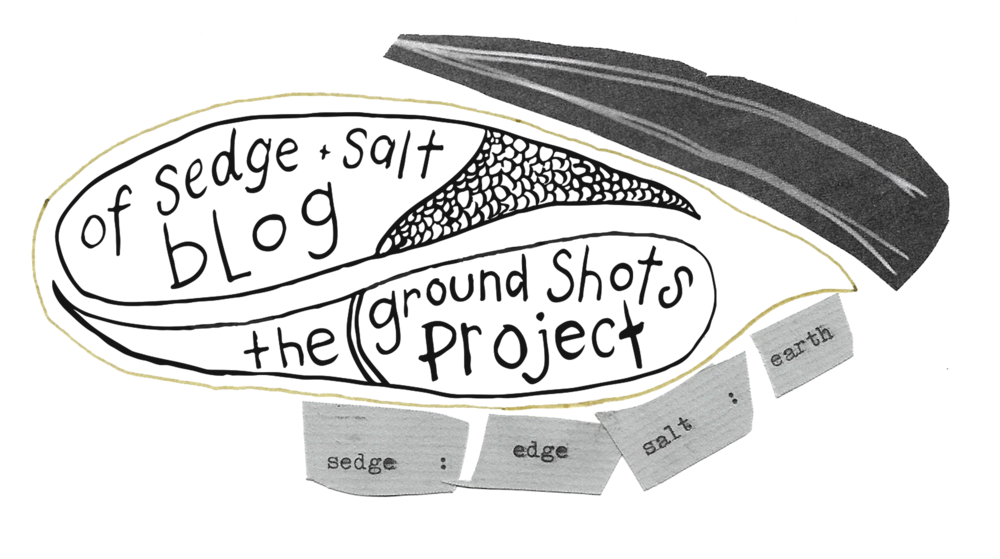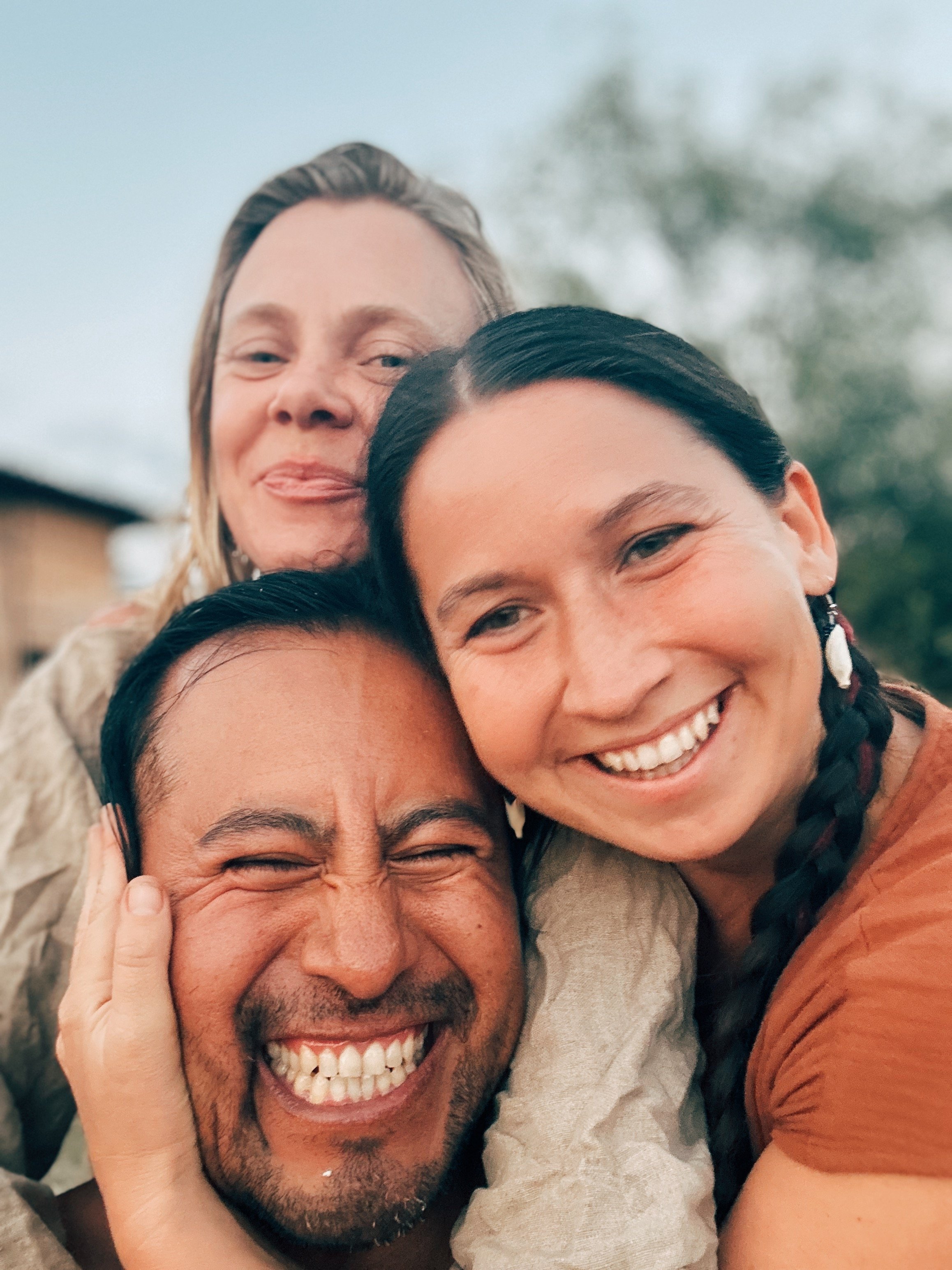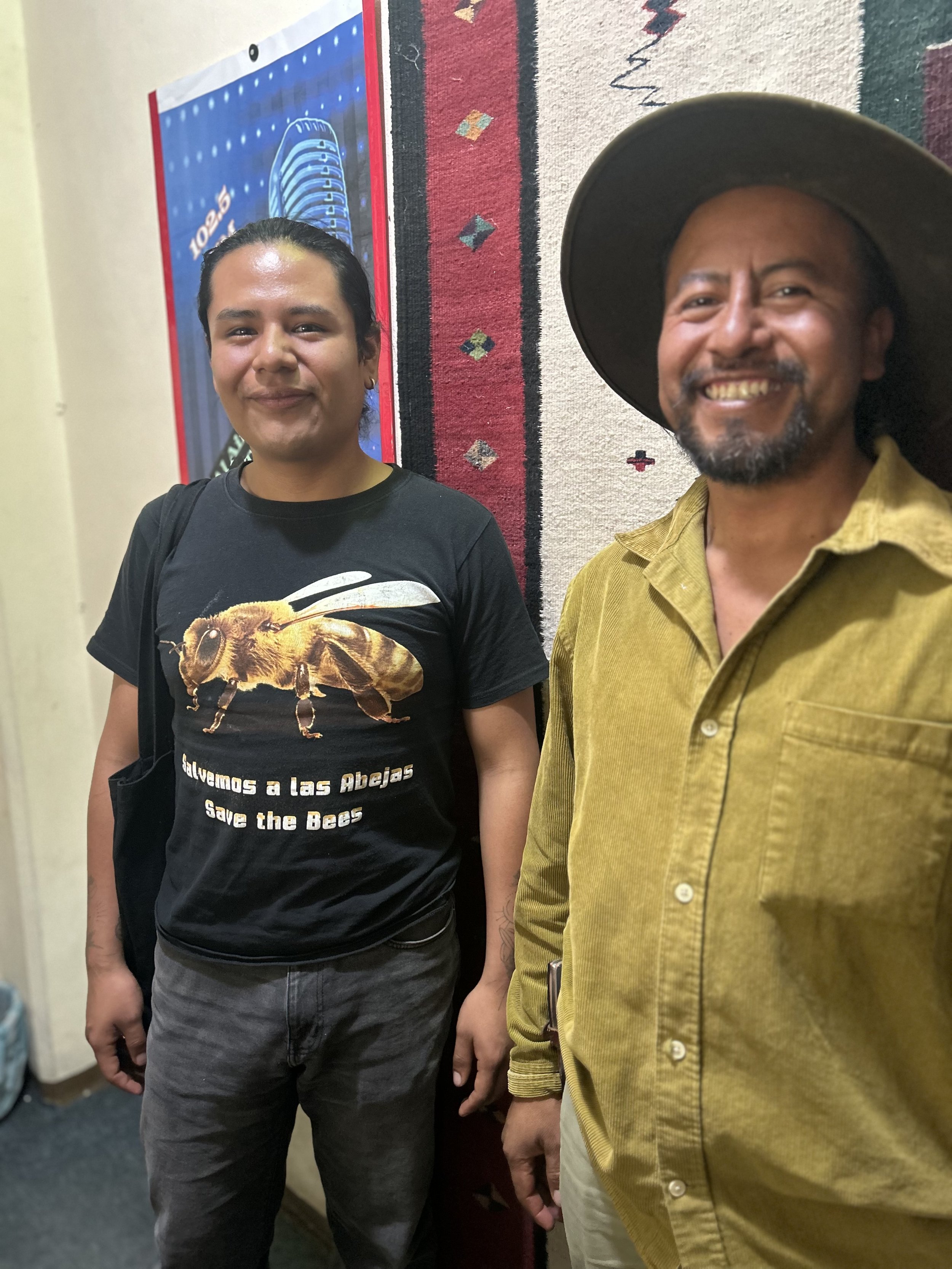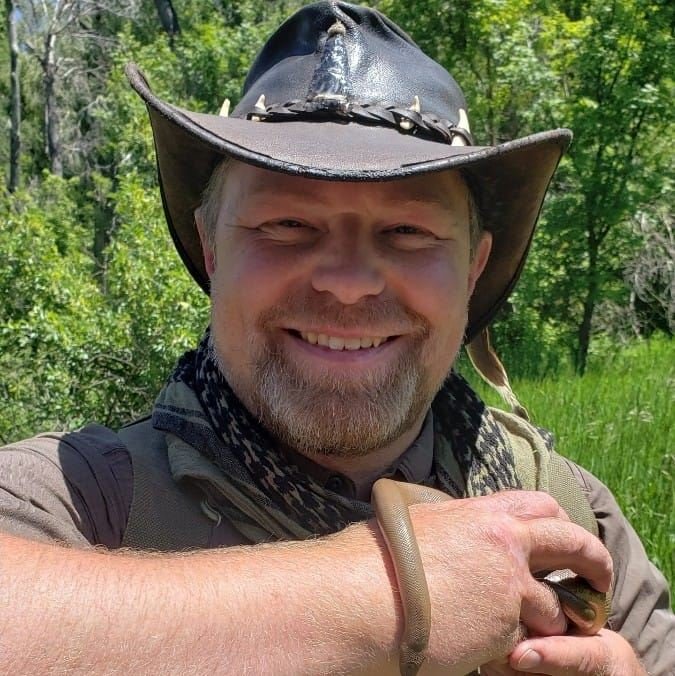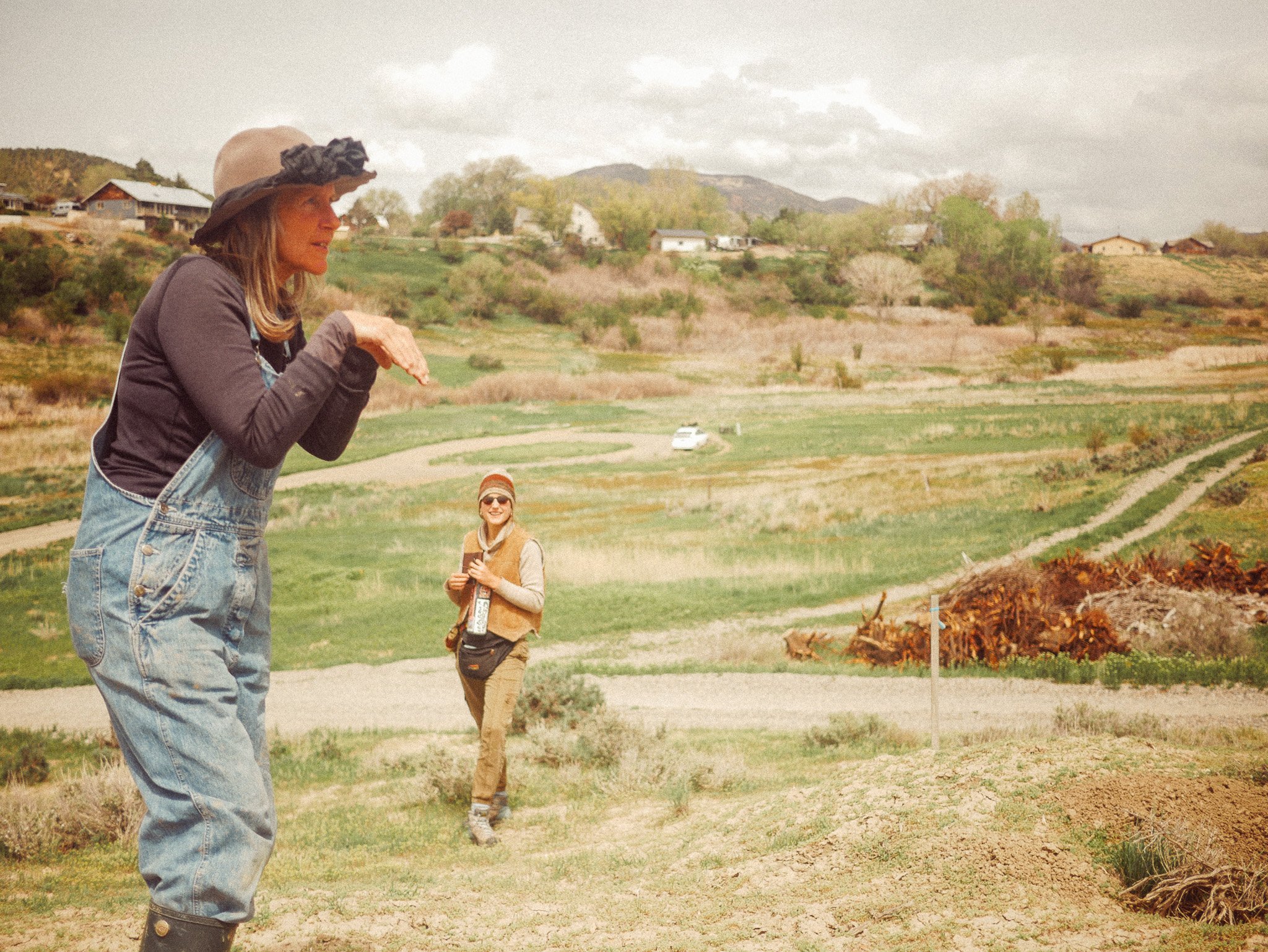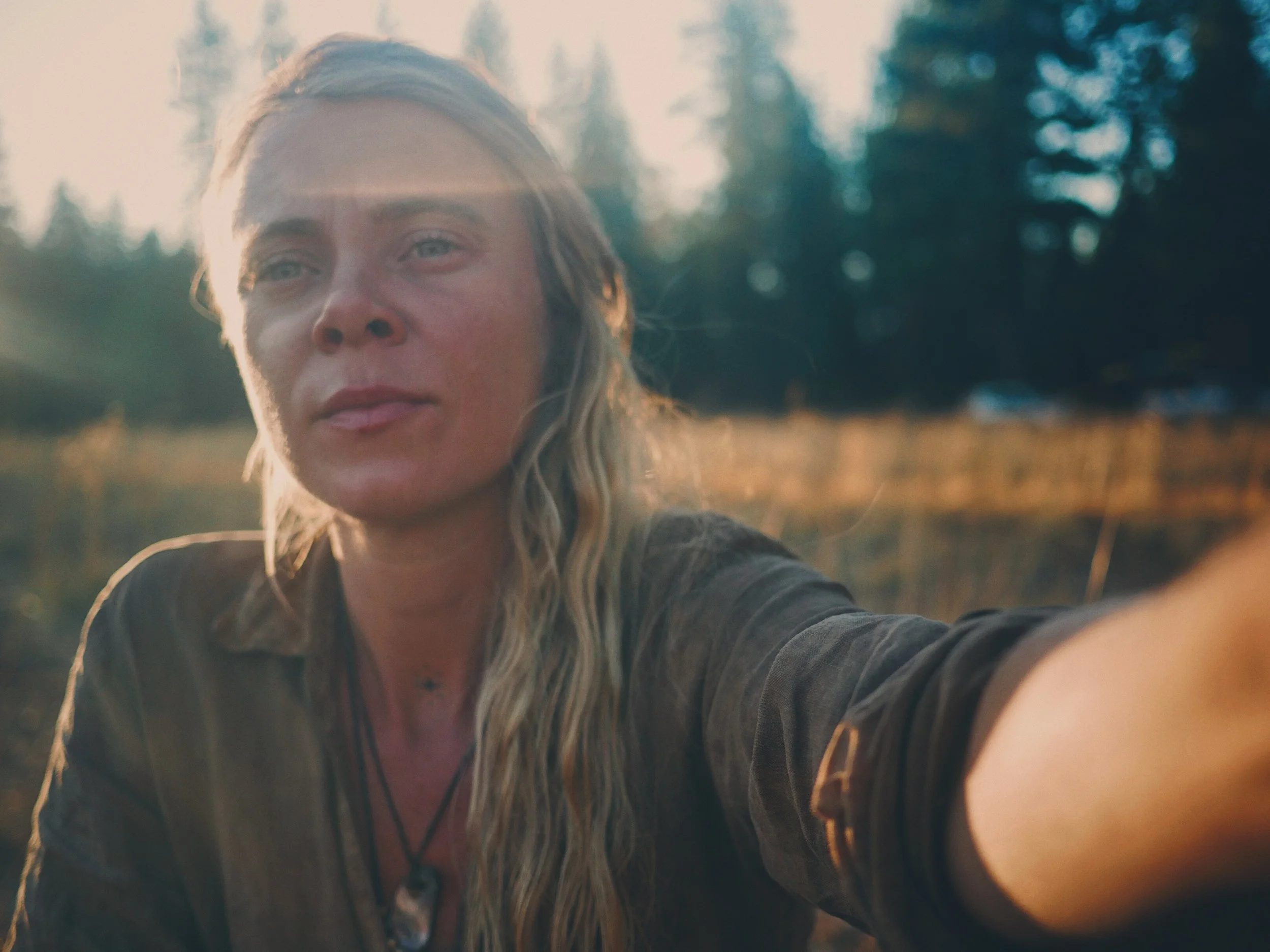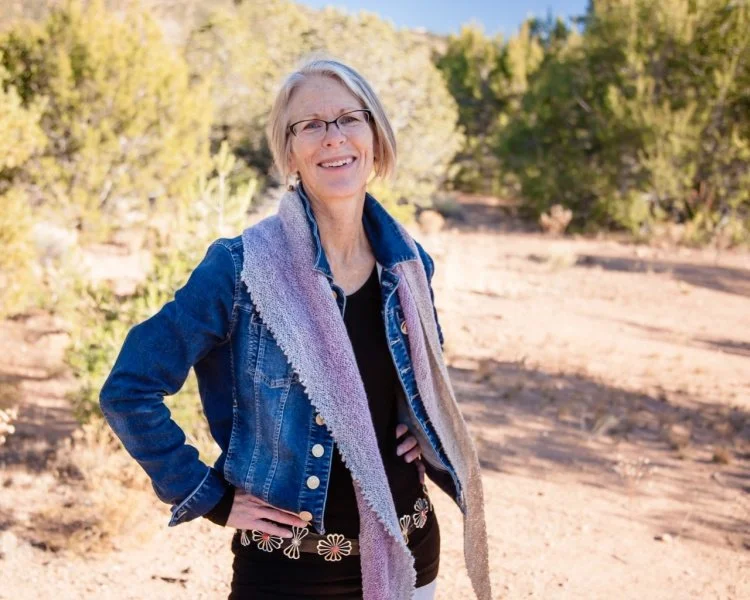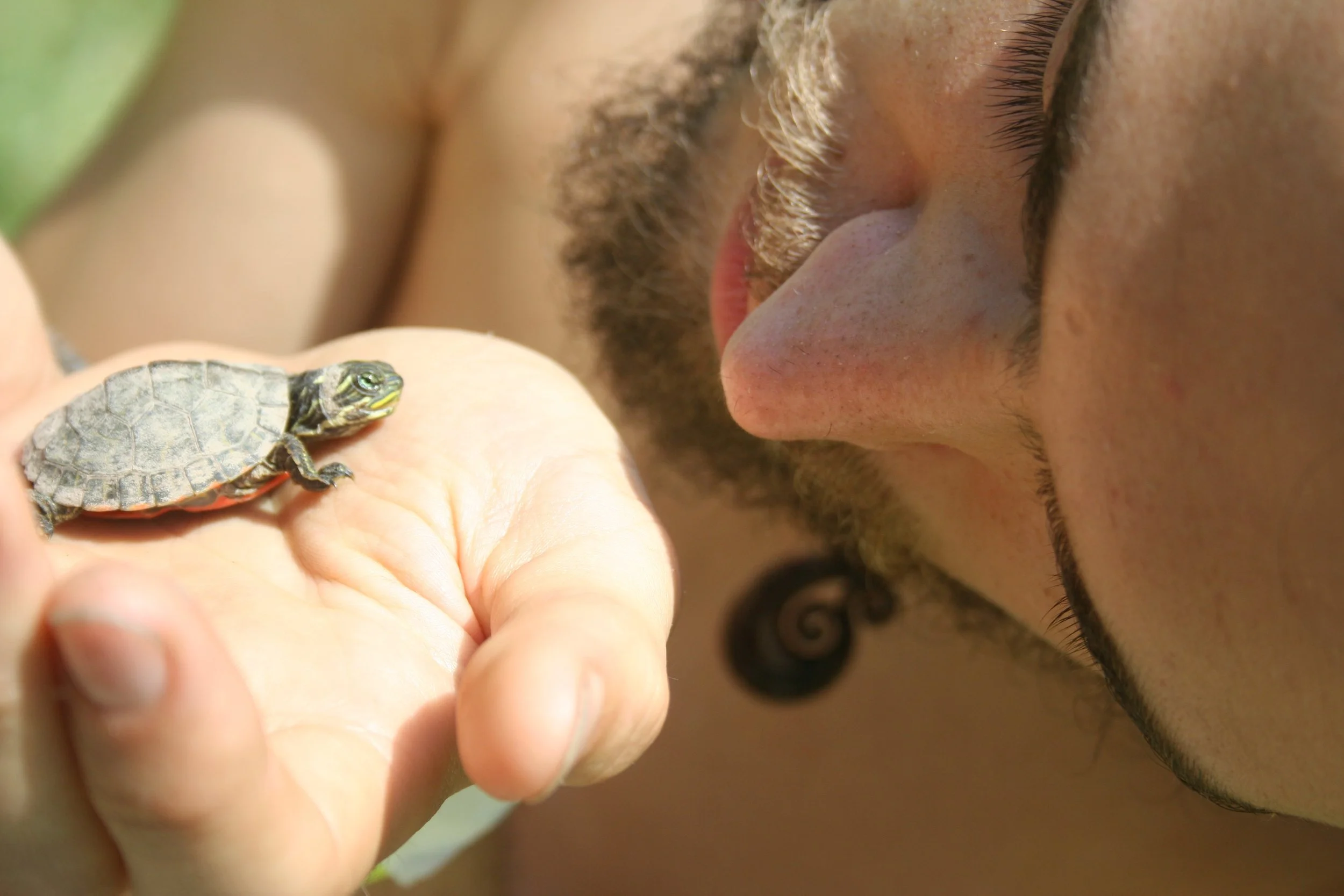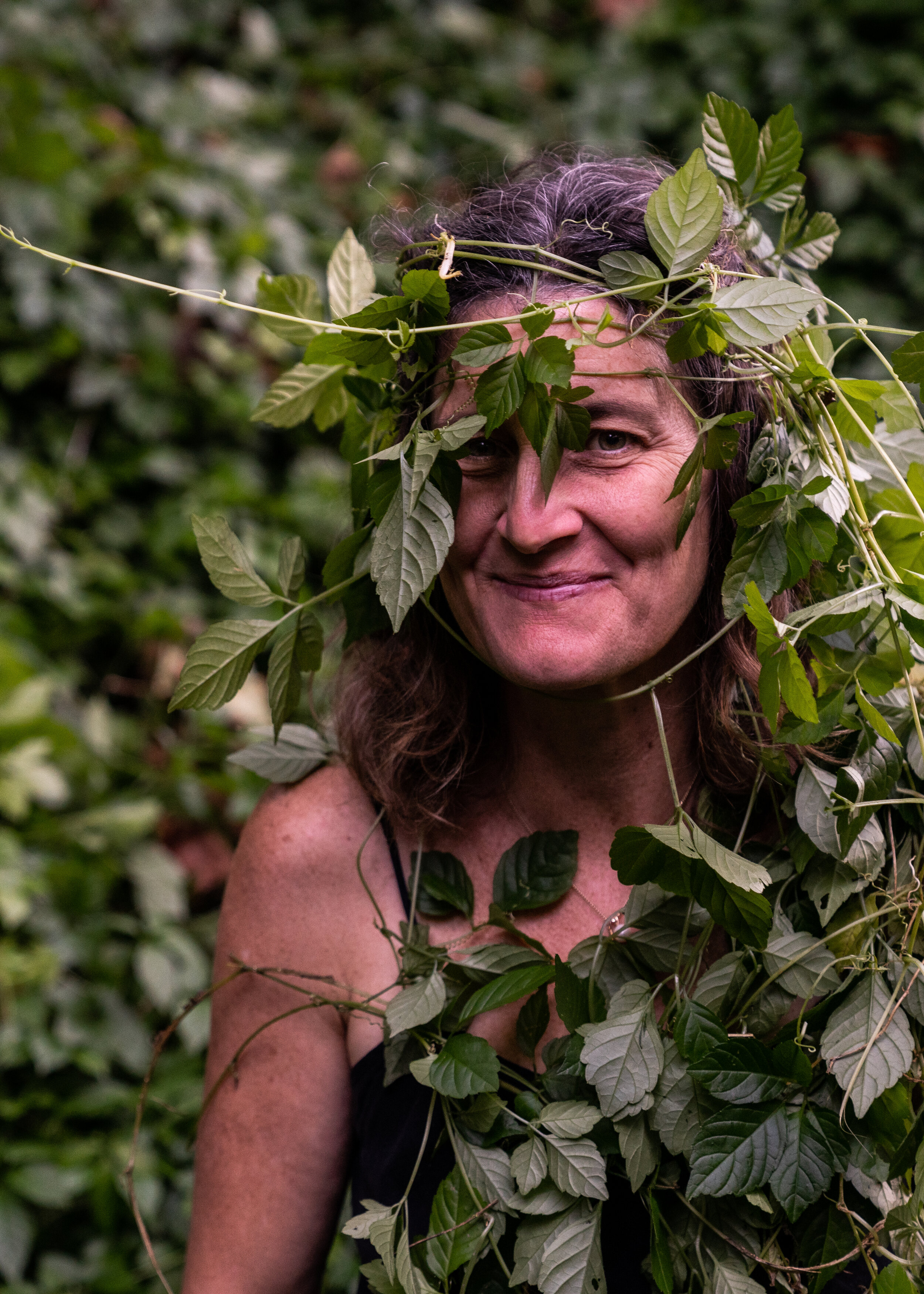Episode #57 of the podcast is a conversation between Gabe Crawford and Dr. Angela Moles.
Gabe Crawford, a former podcast guest, hosts this episode of the Ground Shots Podcast.
Gabe has been conducting research on the history of anthropogenic landscapes, ecology, botany, and ethnobotany, and discovering bias and racism in those fields that have carried into our understanding of human relationship with the land today. This research also inevitably brings one to diving into the science and culture of invasion biology, a fairly new field of study. If you’re a regular listener of the podcast, you know that we have spoken a few times on anthropogenic landscapes and visit the often controversial topic of invasive plants.
We spoke about this with Nikki Hill on Episode #33 of the podcast, and on more recently on Episode #53 of the podcast. After diving into this controversial topic and realizing that it is complex and requires looking at a lot of different perspectives, Gabe decided to reach out to Dr. Angela Moles, whose articles he discovered in his research. Angela Moles in an Australian scientist doing research on plant morphology and rapid plant evolution and many of her findings are challenging previously held as true assumptions in the scientific community about the ways certain plants function under certain conditions.
Professor Angela Moles is the director of the Evolution & Ecology Research Centre at UNSW Sydney in Australia. Her research aims to improve understanding of plant responses to climate change, and to quantify the ways introduced species change when they are introduced to new ranges. Angela is also a mother, and a surf lifesaver.
In this episode of the podcast, Gabe and Angela talk about:
Angela’s research with the Global Herbivory Project and in evolutionary biology and ecology
how plants and animals can evolve and change faster than we previously though, and Angela’s quantifiable research on this
the change in cultural attitudes towards introduced species in the last hundred years
some history on the Acclimatization Society, which encouraged the introduction of non-native plants from Europe in the 19th and 20th centuries to lands being colonized, as a way to bring familiarity to settlers and with the assumption that this practice enriched foreign ecologies
dogma present in the scientific community
how ecosystems are dynamic and don’t just stay in one place
how difficult it is for scientists to make paradigm shifts
some Australian anthropogenic landscape ecology, fire, colonization
whether it is the invading plants that are the issue or the change in disturbance regimes of landscapes
including native folks in ecology and urban ecology work
the gridlock between the need for assisted migration or ‘natural’ self-led plant migrations due to climate change, and the fear of invasive plants harming ecosystems
Angela Moles’ TED talk
Links:
Gabe Crawford, guest host, on Instagram: @plumsforbums
Article by Angela Moles and research team: “Invasions: the trail behind, the path ahead, and a test of a disturbing idea” Journal of Ecology. 2012. doi: 10.1111/j.1365-2745.2011.01915.x
I highly recommend perusing Google Scholar and reading other academic articles written by Angela Moles, of which there are many, to get more perspective on her groundbreaking research.
Angela’s Global Herbivory Project
